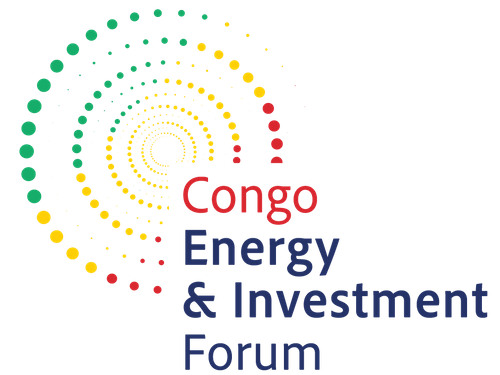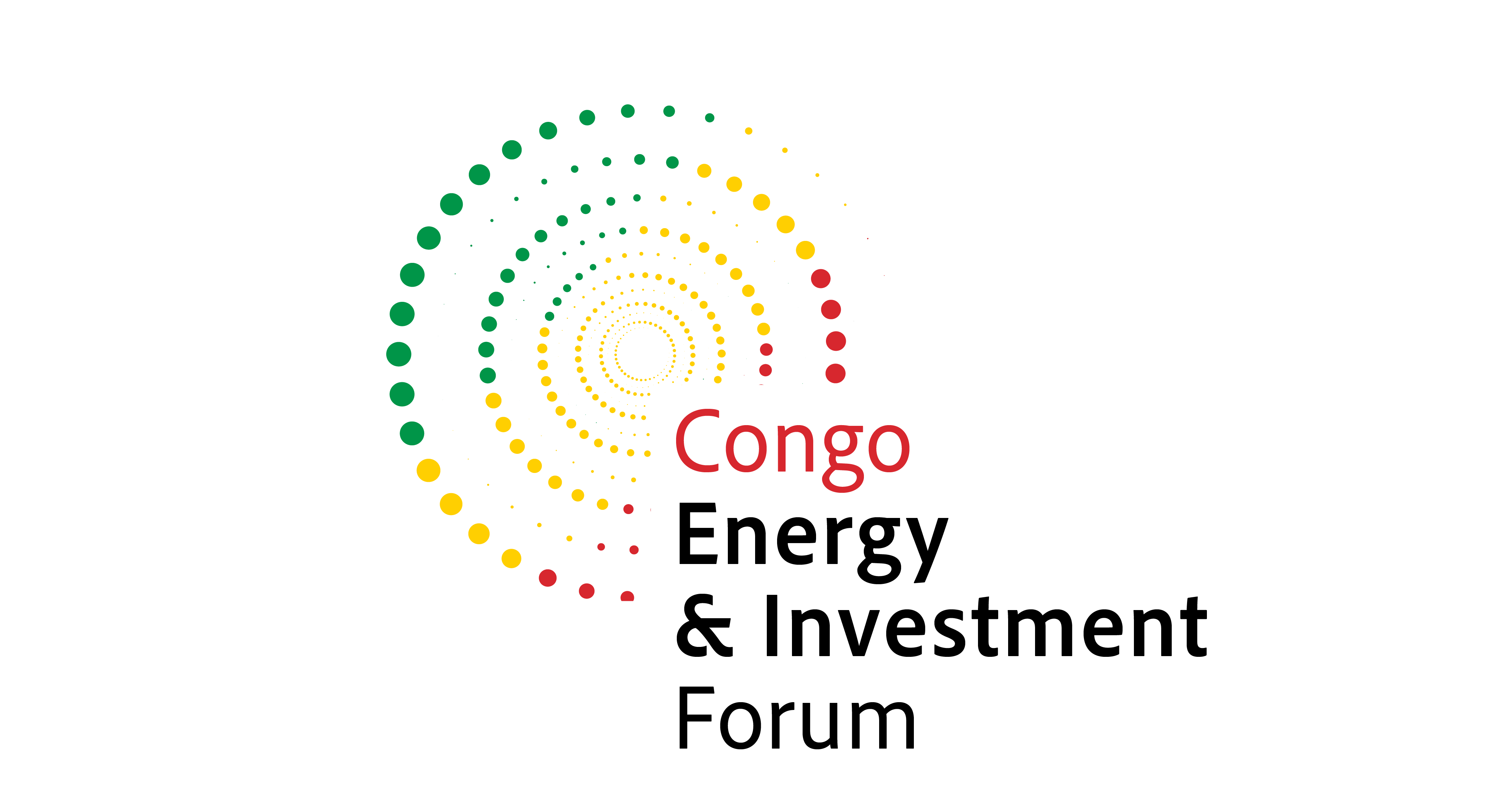CEIF 2025 Ministerial Panel to Drive Regional Integration, Sustainable Energy
)
The Republic of Congo has ambitious plans to enhance its energy infrastructure and double oil production to 500,000 barrels per day (bpd) by 2027. This strategic drive positions the Congo as one of the most promising oil producers in Central Africa as it seeks to harness untapped resources and maximize the potential of existing assets. With the introduction of several key regulatory reforms in the energy sector, the country is poised to foster economic diversification and strengthen its position as a key energy player in the region.
The Republic of Congo’s Minister of Hydrocarbons Bruno Jean-Richard Itoua will lead a ministerial panel at this year’s Congo Energy & Investment Forum (CEIF), taking place from March 24-26, 2025, in Brazzaville. The Building the Energy Transition Narrative session will delve into the impact ongoing projects in Congo will have on regional supply chains, with speakers drawing insight into regional trade and future areas of collaboration.
The inaugural Congo Energy & Investment Forum, set for March 24-26, 2025, in Brazzaville, under the patronage of President Denis Sassou Nguesso and supported by the Ministry of Hydrocarbons and Société National des Pétroles du Congo, will bring together international investors and local stakeholders to explore national and regional energy and infrastructure opportunities. The event will explore the latest-gas-to-power projects and provide updates on ongoing expansions across the country.
As sub-Saharan Africa’s fourth-largest oil producer, the Republic of Congo is seeking in-roads to regional markets, leveraging its position as a major supplier to strengthen trade and cross-border projects. At CEIF 2025, the Congo will officially launch its licensing round for open oil and gas blocks, with preparations currently underway to finalize the requisite regulatory framework. This move aligns with the government’s broader efforts to enhance hydrocarbon production and revenue diversification amid fluctuating global oil prices. Despite international market volatility, the government remains focused on advancing major projects like Congo LNG on the Marine XII permit and the Bango Kayo gas monetization program.
In addition to the licensing round, the Congo is also preparing to launch its Gas Master Plan at CEIF 2025, which aims to advance the country’s gas monetization agenda by catalyzing new infrastructure development, including gas pipelines, processing facilities and gas-to-power plants. The plan seeks to reduce energy imports and raise electricity access, which currently stands a 50%. The Congo holds significant natural gas reserves, estimated at 10 trillion cubic feet. While the country has traditionally relied on crude oil production, natural gas – particularly associated gas produced alongside crude oil – represents a pathway to new export revenues and enhanced energy security. As Congo strives to drive socioeconomic development, resource monetization and economic diversification, the country is on track to redefine a new era of regional relations in Central Africa and abroad.
“This ministerial panel represents a critical moment for advancing regional cooperation and collaboration in Central Africa’s energy sector. With the Congo’s ambitious energy plans at the forefront, this session will offer invaluable insights into the transformative projects underway and how they will reshape regional supply chains and foster economic diversification. By bringing together leaders from across Africa and the world, the session aims to create a platform for dialogue that not only highlights the Congo’s potential as a key energy player but also drives collective action toward sustainable and inclusive energy development across the region,” states Sandra Jeque, Events & Project Director at Energy Capital & Power.


